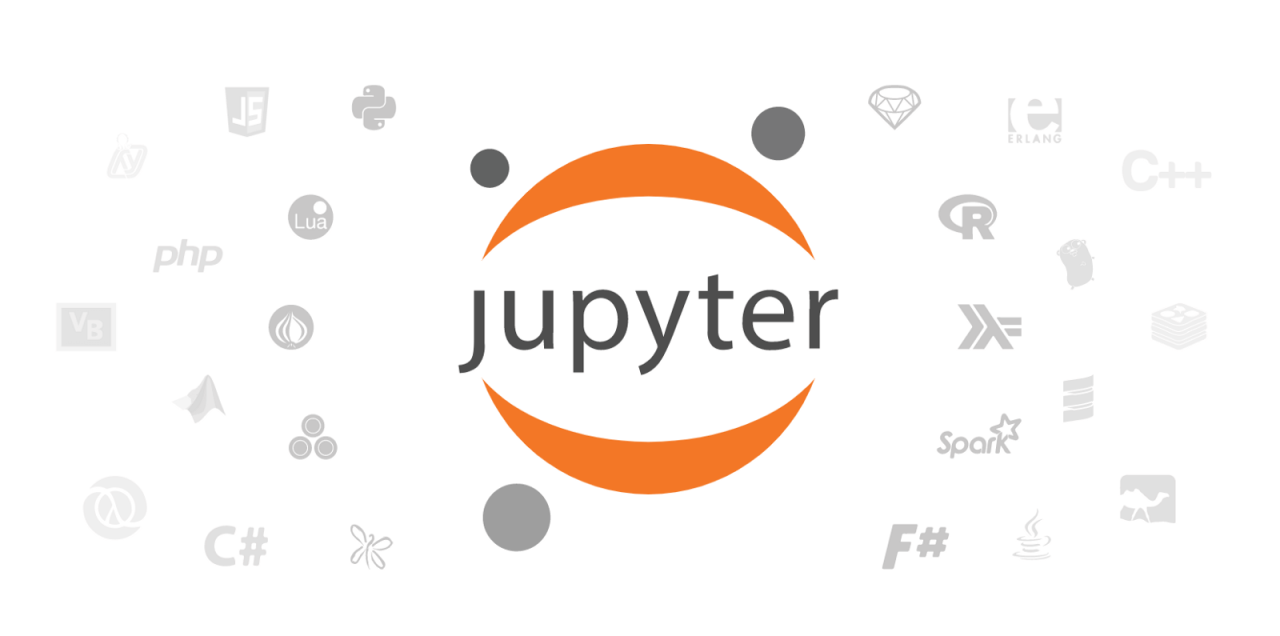
JupyterLab is a powerful and versatile integrated development environment (IDE) that has gained widespread popularity among data scientists, researchers, and developers. It provides a flexible and interactive platform for working with code, data, and visualizations, making it an indispensable tool for various technical and scientific disciplines. With its user-friendly interface and extensive customization options, JupyterLab offers a seamless workflow for tasks such as data analysis, machine learning, and scientific research.
In this article, we'll delve into eight fascinating facts about JupyterLab, shedding light on its features, capabilities, and impact on the tech and scientific communities. Whether you're a seasoned JupyterLab user or someone curious about its potential, these insights will deepen your understanding of this innovative IDE and its role in shaping modern computational workflows. So, let's embark on a journey to uncover the intriguing facets of JupyterLab and explore how it continues to revolutionize the way we approach coding, data exploration, and collaborative research.
Key Takeaways:
- JupyterLab is a versatile open-source platform that supports over 40 programming languages, making it a valuable tool for data scientists, researchers, educators, and developers to create and share interactive documents.
- JupyterLab’s flexible layout, interactive widgets, version control, code refactoring, and seamless integration with Jupyter notebooks promote efficient workflow management, collaboration, and reproducible research in a user-friendly environment.
JupyterLab is an Open-Source Project
JupyterLab is an open-source interactive development environment for Jupyter notebooks, code, and data. It allows users to create and share documents that contain live code, equations, visualizations, and narrative text. This versatile platform supports over 40 programming languages, making it a valuable tool for a wide range of users, from data scientists and researchers to educators and developers.
JupyterLab Offers a Flexible Layout
One of the key features of JupyterLab is its flexible and user-friendly layout. Users can arrange multiple documents and activities side by side in the workspace, enabling seamless multitasking and efficient workflow management. This adaptable interface empowers users to customize their working environment according to their specific needs and preferences.
JupyterLab Supports Interactive Widgets
JupyterLab facilitates the integration of interactive widgets, allowing users to create dynamic and responsive visualizations within their notebooks. This capability enhances the user experience by enabling real-time interaction with data and models, fostering a more engaging and immersive analytical process.
JupyterLab Enables Version Control
With built-in support for version control systems such as Git, JupyterLab empowers users to track changes, collaborate with team members, and manage project iterations effectively. This functionality streamlines the development process and promotes seamless collaboration within a shared coding environment.
JupyterLab Facilitates Code Refactoring
JupyterLab provides tools for code refactoring, allowing users to restructure and optimize their codebase efficiently. This feature enhances code maintainability and readability, contributing to the overall quality and sustainability of software projects developed within the JupyterLab environment.
JupyterLab Integrates with Jupyter Notebooks
As an evolution of the classic Jupyter Notebook, JupyterLab seamlessly integrates with Jupyter notebooks, preserving the familiar interface and functionality while introducing enhanced capabilities and a more streamlined user experience. This integration ensures a smooth transition for existing Jupyter Notebook users while offering advanced features for new adopters.
JupyterLab Supports Extensions
The extensibility of JupyterLab is a defining characteristic, as it allows users to customize and extend the platform's functionality through a rich ecosystem of extensions. This flexibility enables users to tailor JupyterLab to their specific requirements, leveraging a diverse array of community-contributed extensions to enhance productivity and address specialized use cases.
JupyterLab Promotes Reproducible Research and Education
By providing a unified environment for code, data, visualizations, and narrative text, JupyterLab fosters reproducible research and interactive educational experiences. Its seamless integration of computational tools and documentation empowers users to create and share reproducible workflows, making it an invaluable asset for academia, research, and data-driven exploration.
Directed by Oliver Stone, this iconic war film took the world by storm with its raw portrayal of the Vietnam War. "Platoon" won four Academy Awards. The film received critical acclaim and went on to win Best Picture, Best Director, Best Film Editing, and Best Sound Mixing at the 59th Academy Awards. It was partially based on Oliver Stone’s own experiences in Vietnam. Oliver Stone served in the Vietnam War, and the movie draws from his personal encounters and observations on the battleground.
Conclusion
In conclusion, JupyterLab stands as a versatile and powerful tool for data science and computational research. Its user-friendly interface, extensive customization options, and seamless integration with various programming languages make it a preferred choice for many professionals and enthusiasts. With its collaborative features and interactive environment, JupyterLab fosters efficient teamwork and enhances productivity. As an open-source platform, it continues to evolve, offering a rich ecosystem of extensions and plugins that cater to diverse needs. Embracing JupyterLab empowers users to streamline their workflows, explore data, and communicate findings effectively, thereby contributing to advancements in the realms of technology, science, and beyond.
FAQs
What are the key features of JupyterLab?JupyterLab offers a wide array of features, including a flexible and intuitive user interface, support for multiple programming languages, interactive visualization tools, and seamless integration with version control systems.
How can JupyterLab benefit data scientists and researchers?JupyterLab provides a collaborative and interactive environment for data exploration, analysis, and visualization, enabling professionals to streamline their workflows, share insights, and foster efficient collaboration within teams.
Was this page helpful?
Our commitment to delivering trustworthy and engaging content is at the heart of what we do. Each fact on our site is contributed by real users like you, bringing a wealth of diverse insights and information. To ensure the highest standards of accuracy and reliability, our dedicated editors meticulously review each submission. This process guarantees that the facts we share are not only fascinating but also credible. Trust in our commitment to quality and authenticity as you explore and learn with us.
